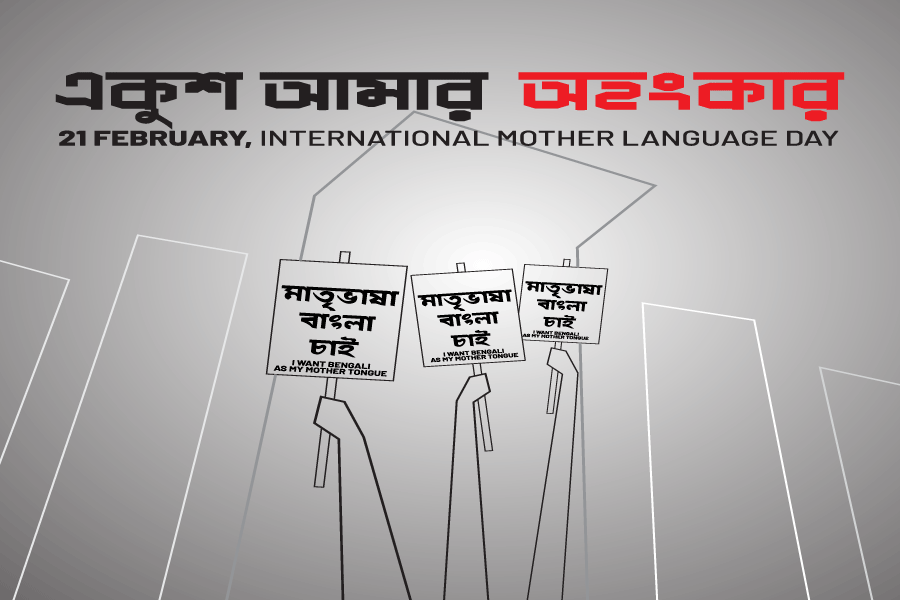 |
| (From left) actor Akash Das Nayak, Odissi dancer Aruna Mohanty, actress Anu Choudhury and founder of TeachAids Piya Sorcar at IIT Bhubaneswar Auditorium. Picture by Ashwinee Pati |
Bhubaneswar, Nov. 21: HIV and sex education will no longer be a hush-hush topic in schools or a moral challenge for parents. TeachAids, a non-profit social organisation, spun out of Stanford University, US, has developed an animated course work for HIV education in Odia that is likely to be introduced in schools and colleges from next year.
A teaser of the animated software, which features the caricatures and voices of actors Akash DasNayak, Anu Choudhury, Prashant Nanda and Odissi danseuse Aruna Mohanty, will be released online (www.teachaids.org) on December 1 to mark the occasion of World Aids Day.
Chief minister Naveen Patnaik has formally endorsed the project while the Orissa State Aids Control Society has committed to disseminate the course work across the state, said TeachAids founder and CEO Piya Sorcar. The health education materials will be distributed among minors and youths free of cost.
“Along with implementation in schools and colleges, the society and its partners will use the animation developed by educators and medical experts from Stanford to reach out to migrants, mobile clinics, self-help groups and rural folk,” she said.
Sorcar said Odisha was a vulnerable zone as far as HIV was concerned.
Anu said the “revolutionary product” would combat ignorance about HIV while Akash suggested that the animation had been developed keeping in mind the “needs and values” of the Odias.
Sorcar said this kind of course work had already been launched in Andhra Pradesh in Telugu and English featuring well-known actors such as Nagarjuna, Shabana Azmi and Shruti Haasan.
“The materials are in use in more than 75 countries, including regions where HIV related education had previously been banned. In India, traditional HIV educational materials had also been allowed earlier in several states because of concerns of it being explicit and culturally inappropriate. However, we have taken care of all such factors to develop medically accurate and culturally tailored tools,” said the Stanford visiting scholar. Professor of medicine, Douglas Owens, who heads the Centres for Health Policy and Primary Care and Outcomes Research at the California-based university, said the innovative software “beautifully balances cultural elements, biological concepts and user interactivity. Combined, these elements make it an outstanding evidence-based educational tool.”










